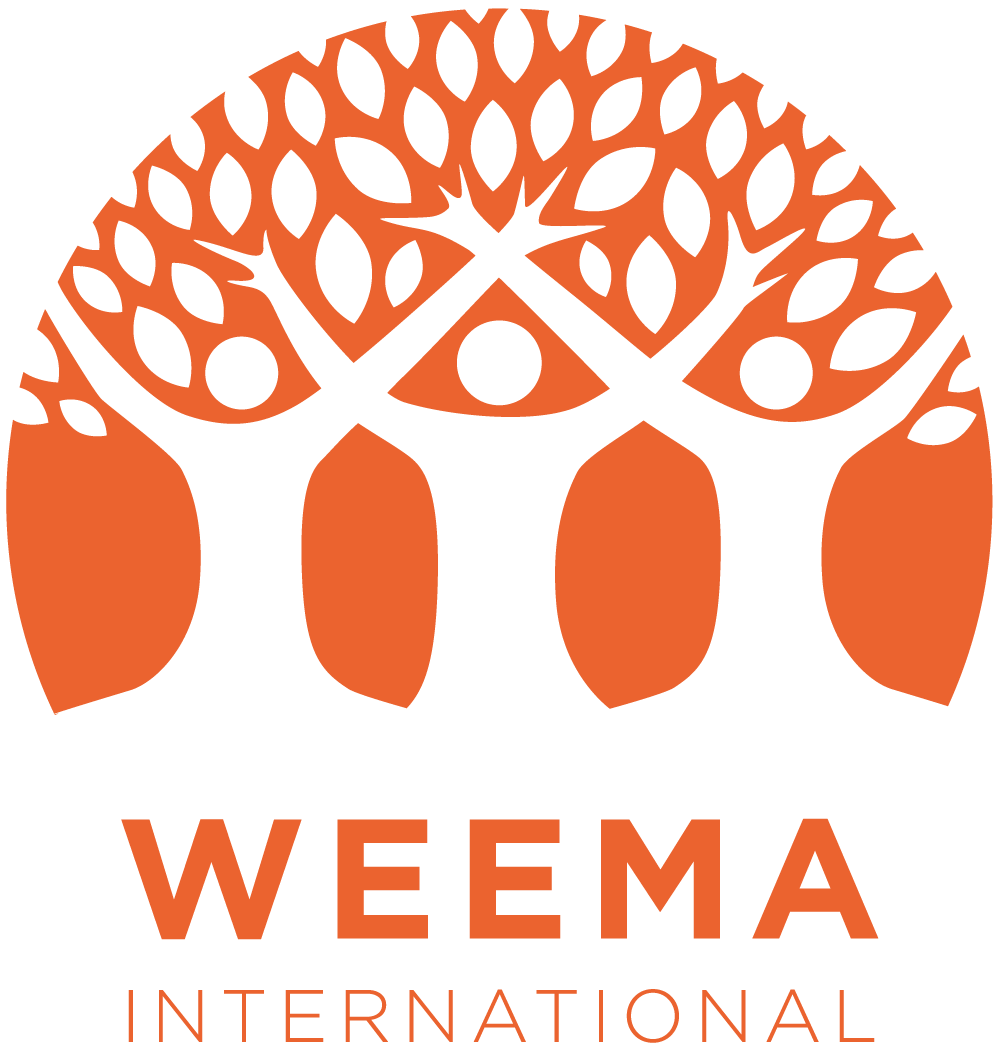
“When I am going to school, the environment, smiles of teachers and the play excites me a lot…I will become a doctor for the future.”
“Before I started to learn in Mudula primary school, I had no friends…because of my disability. After I started learning inclusive education in Mudula primary school, I got more than 70 classmates and I made them all my friends.”
“ My academic achievement increased by using both the computer center and the library hand-in-hand.’”
“I have gained lots of knowledge of menstrual hygiene management and sexual and reproductive health that can help me throughout my life.”
Quality Education

While the Ethiopian government has made inroads in improving public education, many gaps remain. WEEMA partners with government entities to address these gaps so that children have access to higher quality education at all levels -- from kindergarten up through the primary and secondary levels.
WEEMA works on multiple fronts, responding to the priorities identified by local communities. Activities have included building new classrooms, installing toilets, providing computers and books, and training teachers.
New kindergarten facilities we established have enabled young children to get an educational head-start. Primary school students have benefited from our work to translate school curricula and textbooks into local languages. Meanwhile, thousands of high school students now have improved learning experiences through access to computers, Internet, science materials and textbooks.
Key Indicators
9,123
K-12 students in improved learning environment
970
educators trained to improve quality of instruction
Related blogs
Lifetime achievements
Established and operated three kindergartens, with 1,359 children educated in these kindergartens
213 adult literacy educators and informal community KG teachers trained to improve their teaching/pedagogy skills
642 primary school teachers trained to teach new mother tongue (Tembarsa and Kembatissa) curriculum to primary school students
460 community KG students taught literacy skills with tablets
40 students, 20 boys and 20 girls, participated in photography empowerment project
Inclusive Education

All across Ethiopia, children with disabilities typically do not attend school because of the cultural stigma attached to disability and schools’ lack of training and equipment to support students with disabilities. As a result, these children have limited opportunities to learn or engage with other children—a situation that propels most of them towards a life of isolation and poverty.
WEEMA is working to change this situation and we’re targeting the Tembaro district where none of the 39 primary schools have historically been accessible to children with disabilities. Our first focus is the Mudula Primary School, where we provided an entrance ramp, wheelchair, and other equipment to ensure first-ever access for disabled students. We are also training teachers and staff to work with children who are blind and deaf. Going forward, we hope this school will serve as a model and be replicated throughout the region.
Key Indicators
56
educators trained how to include children with disabilities in school
72
children with disabilities enrolled in school with inclusive education initiated by WEEMA
Related Blogs
Public Libraries

In many higher income countries, libraries are commonplace, providing important equal access opportunities to anyone who wants a book or a computer. But libraries are rare in Ethiopia, especially in isolated rural areas where schools are poorly equipped and students have little or no access to updated textbooks, quiet study space, and the Internet.
WEEMA builds and equips public libraries and computer centers in remote areas. In the Kembata-Tembaro Zone of one million people (half of them under 18), WEEMA is strengthening the network of four public libraries with new construction, supplies, and librarian training. These libraries are open to everyone, but primary and secondary school students in particular benefit, as they can take advantage of the study space, Internet access, and book exchanges between schools.
Among the students benefitting is Betelehim Aleka, who struggled academically when she was a younger student in Mudula. Then she began spending more time at the Degale Library where she could access textbooks and updated materials on the Internet. Her grades quickly improved and now she is dreaming of going to medical school.
Key Indicators
115,744
community members with access to public libraries and computer centers
Related Blogs
“It’s been a problem for me to focus on school activities during menstruation because of fear, pain and embarrassment. I didn’t come to school during menstruation, but now that I have these materials, it won’t be a problem anymore.”
Ethiopian girls have lower literacy rates and are less likely than boys to graduate from high school and college. One of the factors driving this disparity is girls’ monthly periods - or more specifically, girls’ lack of access to menstrual supplies, basic information about hygiene and menstrual management, and a widespread cultural stigma associated with menstruation, which can result in teasing and ridicule at school. A UNESCO report estimates that 1 in 10 girls in Sub-Saharan Africa misses school during her menstrual period, which can amount to missing as much as 20 percent of the school year.
WEEMA is tackling this health access and cultural issue head on. We are distributing sanitary pads at primary and middle schools, and pairing this with targeted education. Teachers show to girls how to use the pads, while peer educators explain and normalize menstruation in order to reduce stigmas. We are also exploring plant-based sanitary pad production to make pads that are 100% compostable, very inexpensive and locally available.
Key INDICATORS
900
girls received menstrual pads and education






























